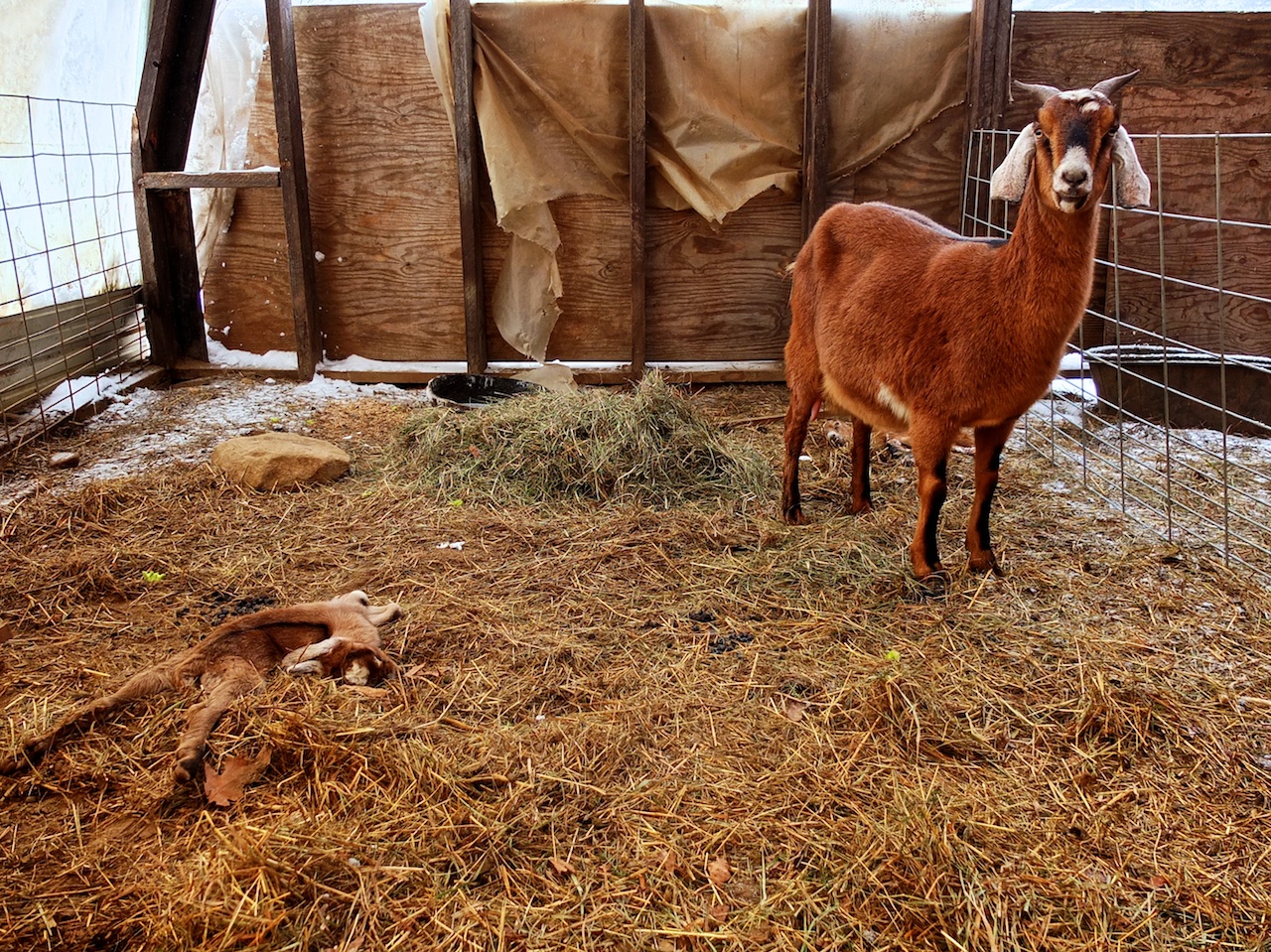from: The Light In The Forest
A quote from The Light In The Forest by Conrad Richter:
"You want me your friend, you say. Maybe you want me to do like you. Want me baptize or pray to your God or believe things I be sorry for afterward." There was an awkward silence. The parson flushed.
"I do want you to believe certain things that are good for your soul," he admitted. "Things that nearly all your white race believe in and practice. And I do want you to do some of the things I say. For instance, to treat your mother with kindness. Also, not to steal or swear."
"Indian only swear like he learns from the white man," the boy said. "My father says when he is a boy he hears white man say God damn. God damn when it rain and God damn if powder don't go off. So my father says God damn too. Then somebody tells him what God damn mean – that the Great Spirit must burn it in hell fire forever. He is surprise. How could the Great Spirit bother to burn in hell fire forever powder that don't go off? For why would he burn rain when he made rain and sent it on earth? After that my father don't swear. He tells me never swear. It's the white man's lie."
"Well, I'm glad to hear such precepts from a pagan," the Reverend Elder said with dignity and just a little sarcasm. "Did he also instruct you to trust your mother and father with love and obedience?"
"Always I treat my father and mother with love and obedience."
"He means his Indian father and mother," Aunt Kate explained. "He won't believe that his Indian father ever did anything bad and horrible like scalping white children and dashing their poor brains out against a tree."
"Is not true!" the boy cried, getting to his feet swiftly. "But is true that white Peshtank men killed Conestogo children, and Colonel Elder is captain of Peshtank men."
The shape of sarcasam rounding and modeling Parson Elder's mouth slowly disintegrated. His face showed pain.
"No one knows better than a preacher of the gospel the dark unfathomable heart of man," he said sadly. "Sometimes even the most exemplary Christians get out of hand."
"Does good man like preacher get out of hand, too?" the boy asked.
The parson gazed at him steadily.
"No, not often," he said. "I did what I could. As their military leader, I ordered them to disperse and go home. But they refused. Had I persisted, they would have killed my favorite horse."
"Better your favorite horse dead than the favorite young ones of the poor Indians," the boy asserted.


